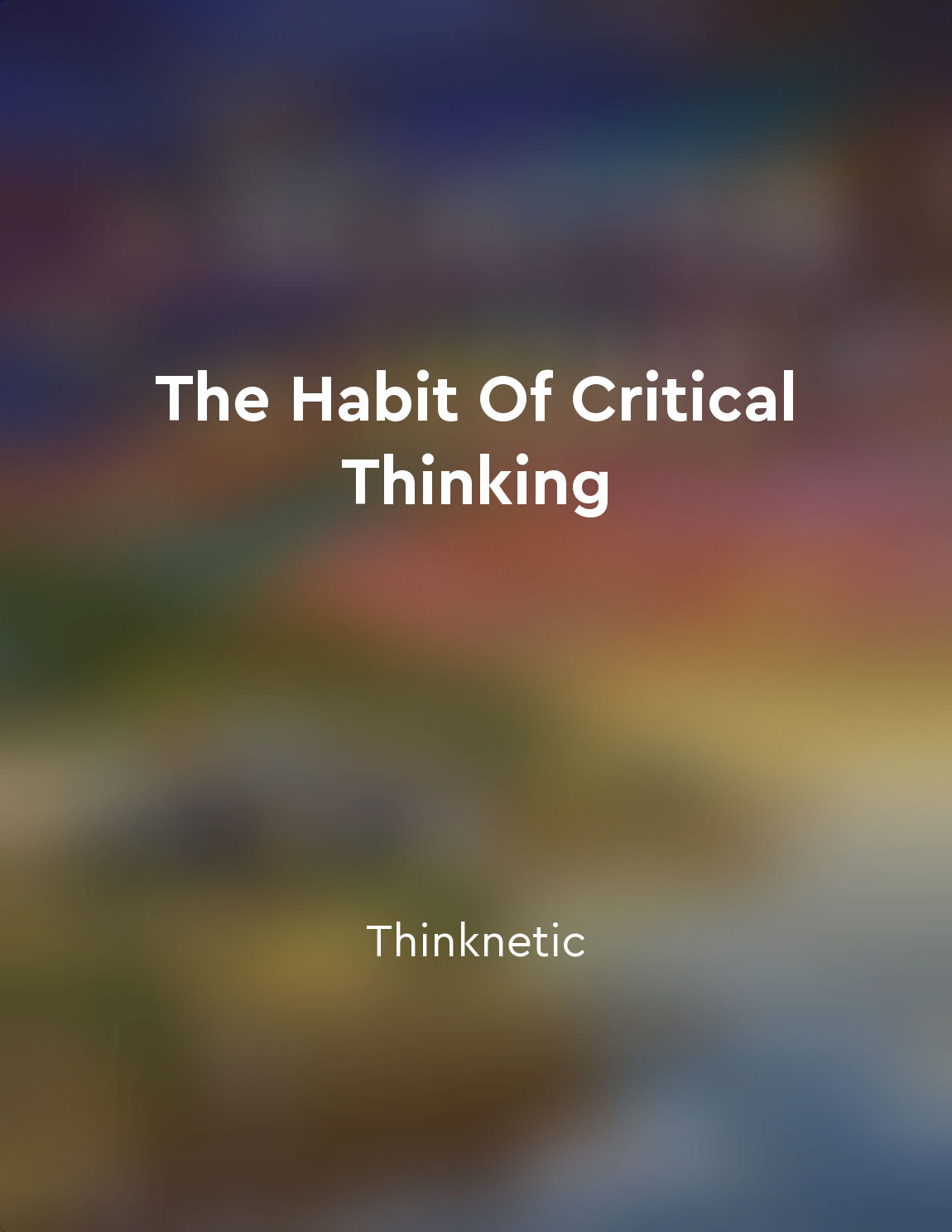Audio available in app
Theoretical sampling involves selecting participants and data sources based on emerging theory from "summary" of Discovery of Grounded Theory by Barney G Glaser,Anselm L Strauss
Theoretical sampling is a fundamental aspect of grounded theory methodology, which involves the continuous process of selecting participants and data sources based on the emerging theory. This method is crucial in developing a comprehensive and detailed understanding of the phenomenon under study. The essence of theoretical sampling lies in the flexibility and adaptability it offers researchers in collecting data that best support the evolving theory. Unlike traditional sampling methods that rely on predetermined sample sizes and characteristics, theoretical sampling allows researchers to make strategic decisions on participant selection based on the emerging concepts and relationships identified in the data. This dynamic approach to sampling enables researchers to delve deeper into the phenomenon and explore new dimensions that may not have been initially considered. Theoretical sampling is guided by the core principle of theoretical saturation, which is the point at which no new information or insights are gained from collecting additional data. By continuously comparing emerging data with the developing theory, researchers can determine when theoretical saturation has been reached and when to conclude data collection. Through theoretical sampling, researchers can refine and validate their emerging theory by deliberately seeking out data that challenge or support the developing concepts. This iterative process of data collection and analysis helps researchers to establish the credibility and robustness of their theory by ensuring that it is grounded in the empirical evidence.- Theoretical sampling is a dynamic and iterative process that is central to the grounded theory methodology. By selecting participants and data sources based on the emerging theory, researchers can develop a comprehensive and nuanced understanding of the phenomenon under study. This approach allows for the continuous refinement and validation of the theory, leading to a more rigorous and insightful analysis of the data.
Similar Posts

Analyze information
The habit of critical thinking involves the ability to analyze information effectively. This means carefully examining data, ev...
Asking questions stimulates critical thinking and problemsolving
Asking questions is a fundamental aspect of critical thinking and problem-solving. When we ask questions, we are actively engag...

Communicate effectively
Effective communication is a fundamental skill that is essential in both personal and professional settings. It involves convey...
Data collection and analysis should occur simultaneously to refine and develop theory
The process of developing theory involves continuous interaction between data collection and analysis. As researchers engage wi...
The role of context in shaping research methods must be acknowledged
To fully grasp the intricacies of research methods, one must recognize the significant influence of the context in which they a...

